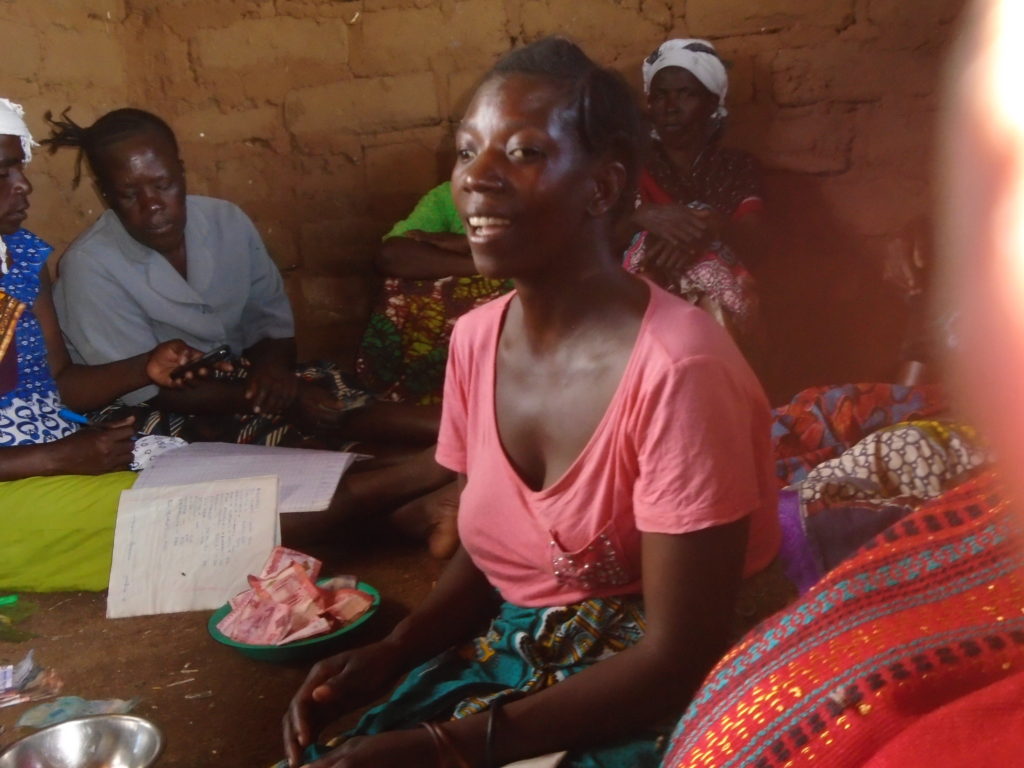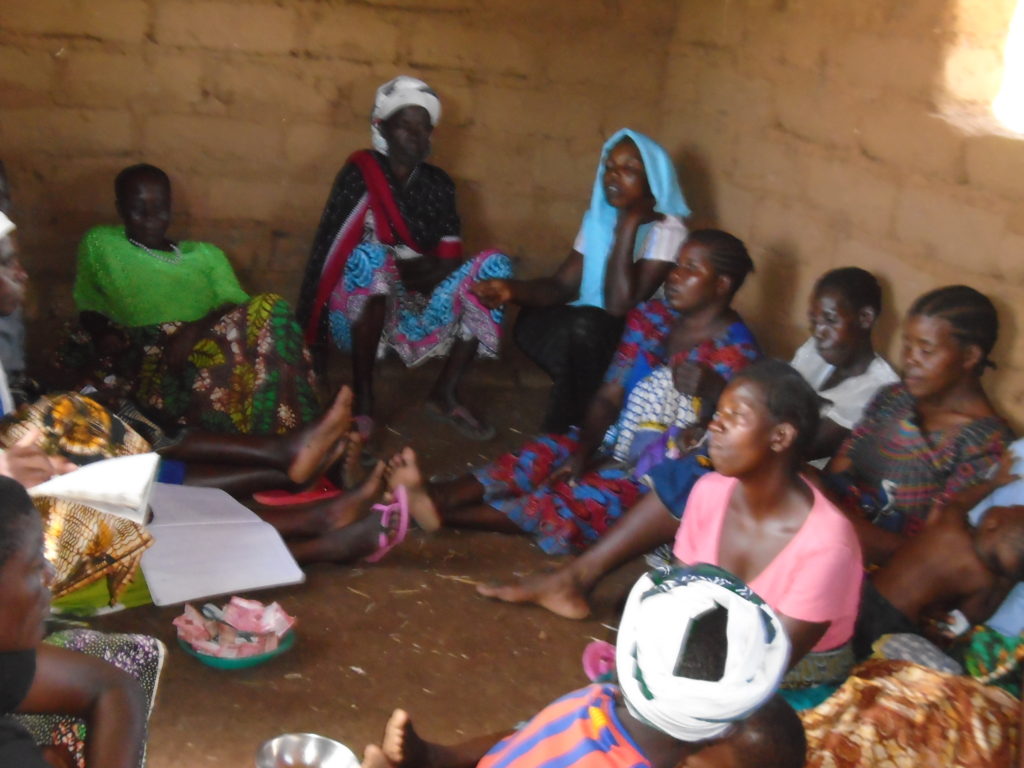 Busega Scotland funded the first year of the Chole health insurance scheme, in partnership with Bukumbi Hospital. The premiums were up for renewal in May and the women of Chole Group 1 had to decide whether to continue the scheme or not. The plan was for the women to pay 50% and our partner NGO, CODEHDAF, the other 50% and the group had been saving to meet the cost through its vicoba (credit union or informal bank). But still, a decision had to be made – was the health insurance value for money? The answer – a resounding yes, as all 28 families opted to continue.
Busega Scotland funded the first year of the Chole health insurance scheme, in partnership with Bukumbi Hospital. The premiums were up for renewal in May and the women of Chole Group 1 had to decide whether to continue the scheme or not. The plan was for the women to pay 50% and our partner NGO, CODEHDAF, the other 50% and the group had been saving to meet the cost through its vicoba (credit union or informal bank). But still, a decision had to be made – was the health insurance value for money? The answer – a resounding yes, as all 28 families opted to continue.
The insurance scheme was linked to health education and screening for common infectious diseases. This work has now been completed and the testing has shown the most prevalent diseases to be schistosomiasis and hookworm. The link to the health insurance was most helpful, as all infected people received free treatment at Bukumbi. One aim of the Chole programme is to improve the health status of the families, with the consequent benefit to their prosperity. In Africa, sub-clinical infections are debilitating to communities, who tend not to seek treatment early due to costs – that then becomes a vicious circle, that we are trying to break.

Another aspect of the Chole project has not found favour with the women. A bio-sand water filter was installed on a trial basis but the taste of the water was a problem and the slow flow rate. An offer to part fund the installation of filters in all of the projects 63 families was rejected and will not go ahead. This is always a risk in community work, when the real power and decision making rests with the people. Africa is littered with expensive, failed projects imposed from outside without proper consultation, testing and local acceptance. We haven’t made that mistake in Chole.
